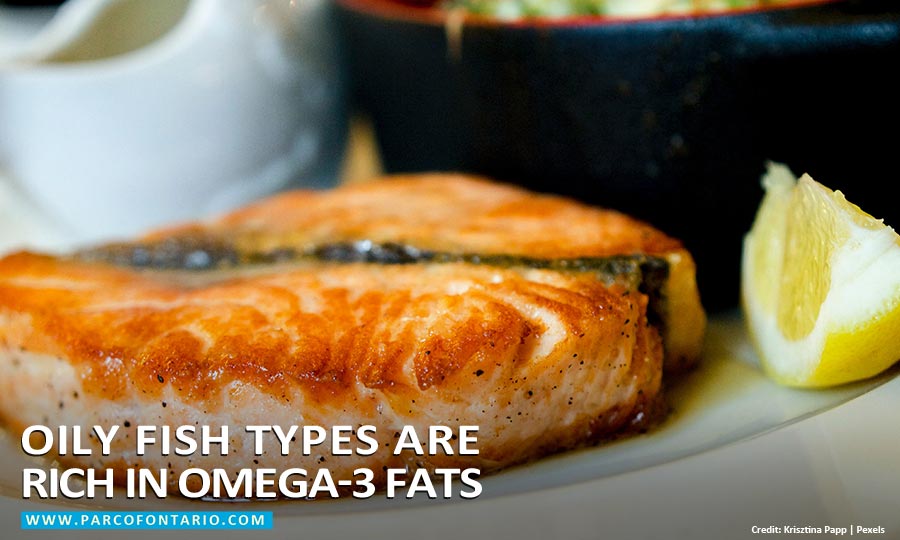
Text Neck: Causes, Symptoms, and Prevention
Many of us spend long hours hunching over our electronic mobile devices and laptops. As we spend more time texting, browsing social media, and reading on our devices, this constant downward gaze…
Read More
There’s no debate about the importance of eating healthy food. Eating the appropriate number of calories for your level of activity is the key to maintaining a healthy diet and maintaining a balance between the energy you take in and the energy you burn. If you consume more calories than your body requires, the excess energy will be stored as fat, causing you to gain weight. Conversely, you will lose weight if you consume too little food and liquids.
But it can sometimes feel incredibly challenging to make significant dietary adjustments. It would be best to start with a few little adjustments rather than a few major ones. Additionally, starting with just one thing rather than all of them at once is probably easier to handle.
Here are a few little adjustments that can help you get started with your healthy eating plan.
1.Consume more fruits and vegetables
One of the main tips for healthy eating is to always eat your fruits and vegetables. Every day, you should consume at least five servings of different fruits and vegetables. They can be fresh, juiced, canned, dried, or frozen. Why not add some banana slices to your breakfast cereal or replace your go-to mid-morning treat with some fresh fruit?
Having your greens as a starter is a great approach to make sure you consume your vegetables. You’ll likely consume all of your greens when you’re the hungriest. As a result, you will consume fewer of the less healthy meals. It can also encourage you to consume fewer calories overall, which might cause you to lose weight.
2.Prepare meals rich in fibre and carbohydrates
Approximately 1/3 of your diet should be made up of starchy carbs. They consist of foods like potatoes, bread, rice, pasta, and cereals. Pick wholegrain or higher-fibre options like whole-wheat pasta, brown rice, or potatoes that still have their skins on. They have more fibre than plain or refined starches and might make you feel fuller for longer.
Aim to serve at least one starchy dish with each meal. Some individuals believe that carbohydrates, such as those found in starchy meals, contribute to weight gain; yet, gram for gram, carbohydrates have fewer calories than fat. Just be mindful of the fats you use while preparing or serving these kinds of meals because these are what raise their calorie count. Some examples of these fats include oil on chips, butter on toast, and creamy sauces on pasta.
3.Replace your bread with whole-wheat or whole-grain bread
By purchasing whole grain bread instead of the more common refined grain bread, you are shifting to a simple healthy diet.
Many health problems have been linked to refined grains. While, consuming whole grains has been associated with several health advantages, such as a lower chance of developing cancer, heart disease, and type 2 diabetes. In addition, they’re a fantastic source of fibre, B vitamins, and minerals including zinc, iron, magnesium, and manganese.
Whole grain bread comes in a wide range of flavours, some of which are even superior to refined bread. Simply check the label to confirm that your bread is produced entirely of whole grains and not a combination of whole and refined grains. It’s also ideal if the bread has whole grains or seeds.
4.Bake or roast rather than grill or fry
The method of preparing a meal can significantly alter how food affects your health. Meat and fish are frequently prepared using grilling, broiling, frying, and deep-frying. However, these cooking techniques do produce many potentially hazardous compounds, which have all been connected to a number of illnesses, including cancer and heart disease.
Some healthier cooking methods are:
Even though you can still occasionally enjoy grilled or deep-fried food, it’s advisable to limit your use of these cooking methods.
5.Drink black coffee
Coffee, one of the world’s most consumed beverages, is actually incredibly nutritious. It is a significant source of antioxidants and has been associated with many health advantages, including a decreased risk of type 2 diabetes and liver disease.
But a significant number of commercial coffee variants also contain extra additives like sugar, syrup, heavy cream, and sweeteners. These have a lot more sugar and calories added to them when consumed often, negating all of the health advantages of coffee. Try having your coffee without any sugar instead, or just a little bit of cream or milk.
6.Increase your intake of seafood, especially oily fish

In addition to having a lot of vitamins and minerals, fish is a wonderful source of protein. Try to consume at least two meals of fish every week, at least one of which should be oily fish. Oily fish contains high concentrations of Omega-3 fats which may help lower the risk of heart disease. You have the option of fresh, frozen, or canned fish, but keep in mind that canned and smoked fish may include a high amount of salt. There are suggested limitations for particular species of fish, although most individuals should consume more fish overall.
7.Use healthy oils
Over the past few decades, heavily processed seed and vegetable oils, such as canola, soybean, cottonseed, and sunflower oils, have replaced natural oils in the average household. These oils have a low concentration of Omega-3 fatty acids but a high concentration of Omega-6 fatty acids.
According to some studies, a high Omega-6 to Omega-3 ratio can cause inflammation and has been associated with chronic diseases like heart disease, cancer, osteoporosis, and autoimmune disorders.
Replace these oils with healthier substitutes like extra virgin olive oil, avocado oil, or coconut oil.
8.Limit your salt intake to 6 grams per day (for adults)
If you’re wondering how to make healthy meals, start by cutting down on salt. Your blood pressure may increase if you consume too much salt. You may be still overeating even if you don’t salt your food. When you buy foods like morning cereals, soups, bread, and sauces, you are getting almost 3/4 of the amount of salt your body needs.
You may save money by using food labels. A high salt content food has more than 1.5g of salt per 100g. The recommended daily intake of salt for adults and kids aged 11 and older is 6g or roughly a teaspoon. Even less should be given to younger kids.
9.Avoid getting thirsty
To prevent dehydration, you must consume a lot of fluids. A daily intake of 6 to 8 glasses is advised. While all non-alcoholic beverages are acceptable, the healthiest options are water, milk with less fat and sugar, as well as tea and coffee.
Avoid sugary soft drinks and carbonated beverages as much as possible because they are rich in calories. They harm your teeth as well. Smoothies and unsweetened fruit juices are both high in free sugar. A glass of fruit juice, vegetable juice, and smoothies shouldn’t make up more than 150ml of your total daily fluid intake.
Drink plenty of water when it’s hot out or while exercising.
10.Eat breakfast every day

The best tip on how to start eating healthy is to start your day with a full meal. Many busy people are guilty of skipping breakfast, and some people believe avoiding breakfast altogether may aid in their weight loss. However, a balanced diet that includes a nutritious breakfast that is high in fibre and low in fat, sugar, and salt will help you obtain the nutrients you need for optimum health.
Eating eggs or whole-grain cereal with fresh fruit on the side boosts feelings of fullness. People have been shown to eat fewer calories at subsequent meals as a result. If losing weight is your objective, it might be highly useful.
These suggestions can help you increase nutrients or adjust to something new, a healthier diet. Start preparing your meal and achieve your health objectives, without drastically altering your habits. If you need more nutrition tips for improving your health, come to Ontario Physiotherapy and Rehabilitation Centre. Let’s talk about nutrition in our Oshawa, Scarborough, Mississauga, Ajax, and Whitby clinics.
Call the following numbers: